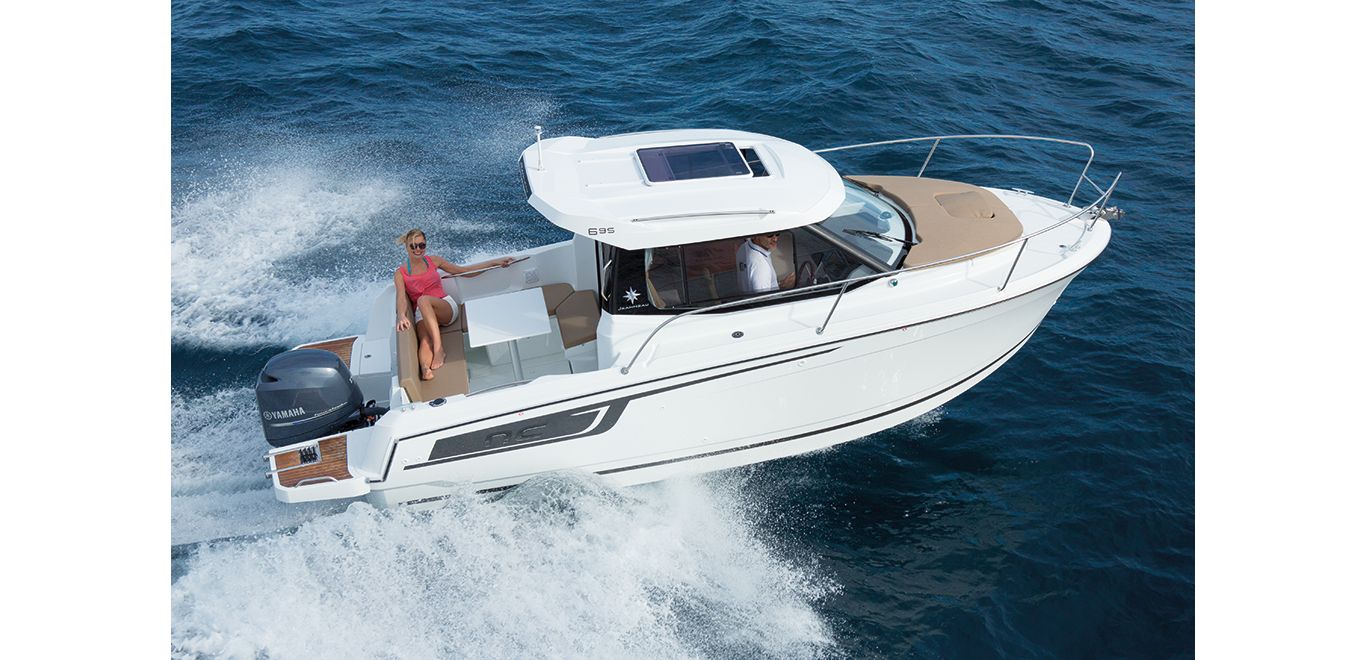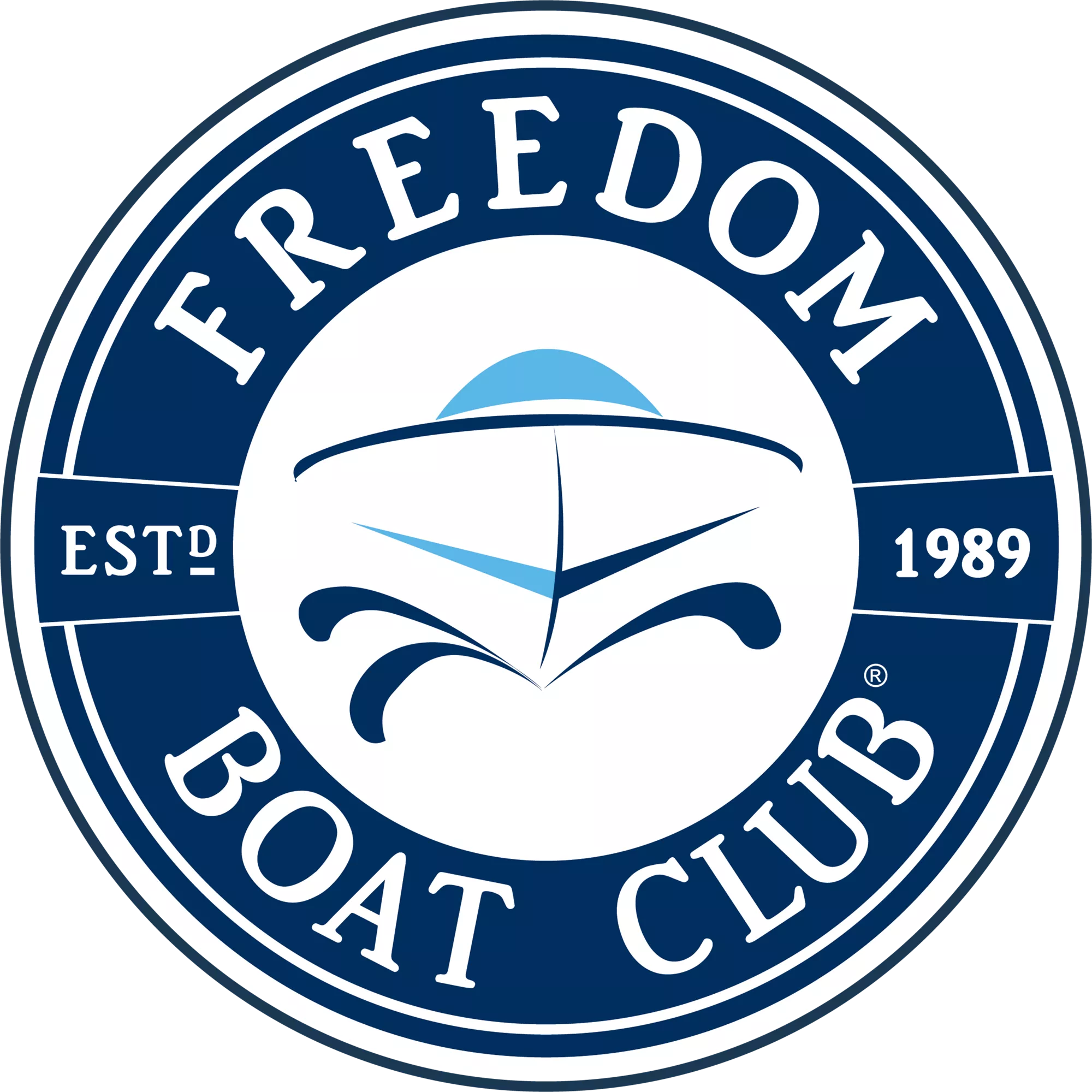
In the past, boating was considered a “rich man’s sport” reserved for the highly affluent. To go boating, you either had to own a boat yourself, or have friends with boats.
The boating industry has worked diligently to overcome this stigma and has, in fact, focused on developing and offering more affordable boats in virtually every product category.
If owning a boat is your dream, visit your local retailer, or check out the www.DiscoverBoating.com website to learn about available options.
However, if you’d like to go boating but aren’t quite ready today for the plunge into boat ownership, we’re pleased to provide an overview of today’s hottest trends in the boat sharing space.
The Sharing Economy
With the advent of the “Sharing Economy,” boating is more accessible than ever!
First, an overview of the “Sharing Economy” which refers to a new system where assets are shared by individuals, often for a fee.
It works like this.
An individual owns something of value that is desirable to others who would like to access it without having to purchase it or pay for required service and maintenance. The owner’s goal is to reduce the cost associated with owning or operating his asset. The owner, and those with interest in access, work together in a sharing model, delivering a win-win for all involved.
Some well known companies involved in the Sharing Economy include UBER and Lyft, Air Bnb, VRBO (vacation rental by owner) and many others.
According to a TIME Magazine 2017 poll, 44% of US adults have participated in shared economy transactions … which equates to more than 90 million people! In this scenario, 22% are the owners of goods or services, while 42% are users. And the best news from this study is that those participating in the Sharing Economy are generally “positive” about their experiences.
The Emergence of Boat Sharing Models
Savvy boaters have taken notice and tapped into this smart new sharing mindset. While traditional boat ownership remains a viable option and continues to attract those with the desire to own, operate and maintain their own boat, there has been a notable growth in other areas including charters, traditional and peer-to-peer rentals, fractional ownership and boat clubs. Thanks to the Sharing Economy, there are now more ways than ever to enjoy boating!
Let’s review several of the more popular boat sharing models.
The Boat Club Model
While the Sharing Economy may be a new concept, perhaps the earliest pioneer in this space was Freedom Boat Club who launched the boat club concept in 1989, in Sarasota, FL. This concept has proven highly successful, as today there are more than 15,000 Freedom Boat Club members enjoying boating in 22 states and Canada, with more than 125 club owners/operators.
While Freedom Boat Club is the goliath in this space, there are small mom and pop clubs scattered throughout the country, some regional operations as well as a licensed brand model.
Boat clubs differ from other Shared Economy boating models in that boat club owners purchase, maintain and insure multiple boats in a fleet, providing a wide variety of brands and types for members to use and enjoy. Members generally pay a 1x entry fee to join and then choose from several affordable membership plans to meet their lifestyle and budget. Their only additional cost is for fuel and their own provisions. Reputable clubs offer a reservation system and work from a proven member to boat ratio, to ensure ready access to the fleet.
As an example, Freedom Boat Club provides free, unlimited training for all members, taught by licensed Coast Guard captains. In their model, new member training is mandatory, including a mix of classroom and on-water instruction to ensure members are safe and confident on the water.
One of the major benefits to members is that boat clubs handle the ongoing service of boats in their fleet, delivering a truly maintenance-free boating lifestyle.
And, one of the unique distinctions of a boat club is that many are social clubs that host regular special events and activities for their members, providing plenty of opportunity to mix and mingle with others who share the boating DNA.
Some boat clubs only provide access to the boats in their fleet, while others may offer reciprocal access to a regional or national fleet. Check with your local club for details.
Interestingly, there is a proven link from boat club membership to boat ownership. While a large majority of club members are former boat owners who have opted for this popular maintenance-free alternative, Freedom Boat Club also attracts newcomers to boating. Their internal statistics indicate that 20 percent of their members eventually purchase a boat. The company is developing synergistic manufacturer and retail relationships to benefit its members, offering special incentives and purchasing programs for key brands within its fleet.
Boat Charters
In the boat charter category, individuals can hire both a boat and a captain to entertain them at their leisure.
The charter can be focused on a specific activity, like fishing, watersports, cruising, restaurant-hopping or even a romantic, special sunset surprise engagement. Charters generally charge a flat fee for a defined period of time and may or may not include fuel.
The benefit of the charter is you rent a boat and usually a captain for a particular purpose, for a specific period of time, for a flat fee (usually plus fuel).
Traditional and Peer-to-Peer Boat Rentals
There are both traditional and peer-to-peer boat rentals now available in many markets. These are popular options for those in the local market who may want to boat occasionally, or for vacationers looking for a fun adventure during their travels.
Traditional boat rentals are managed by companies who own and maintain a fleet of boats that are made available to an individual to rent for a flat fee, plus gas, usually for a set period of time like half day or full day segments. Some will offer smaller craft, like personal watercraft or kayaks, at hourly rates. Individuals reserve and rent directly from the company and often go through some type of instruction prior to access. Some rental operators will also provide the option for hiring a captain for an additional fee.
Peer-to-peer boat rentals are a new development in the boating space. In this segment, private boat owners list their boats through a third-party peer-to-peer commercial website. They list their boats on the site, which is advertised and promoted by the company. The P2P company works with the owner to identify the rental fee, then charges a commission on anything booked. They usually provide the contract, collect and disperse funds and include some degree of insurance coverage (be sure to review this carefully). Some of the P2P companies also offer a list of available captains in the region for private booking as desired.
On the renter side, P2P companies generally provide an online verification process with minimum age requirements. Once a renter has selected a boat of interest, he generally provides a deposit and after submitting the documentation, will then participate in a 1:1 boat inspection with the owner, or a designated party.
Ultimately, the boat owner has the full right and discretion to choose whether or not to rent to an individual, and can issue restrictions such as no night operation, etc. The individual owner may also offer additional upcharges, such as fishing rods, watersports equipment, etc. Always make sure that required safety equipment is included, or available to rent.
One of the popular aspects of peer-to-peer is the ability to access a wealth of boating products, from runabouts up to luxury yachts.
Fractional Boat Ownership and Timeshare
Another trending new option is fractional ownership or boat timeshare, a concept that resembles sharing in the jet and aerospace market.
In the fractional category, a company will manage a fleet of boats or yachts and a company or an individual will purchase a boat to place into this fractional fleet. The company then offers to sell a fraction of the boat to others to purchase, and will ultimately divide the cost of the maintenance, management and related services among the members.
The fractional company often provides insurance and training and manages turnkey contract, reservations, service and maintenance issues.
On the members side in this model, fractional owners typically pay for their fuel, crew and provisions. They have legal ownership in the boat or yacht, often with the right to transfer or sell.
On the boating timeshare front, members also pay for their own cost for fuel, crew and provisions, but like the vacation timeshare model, they only purchase the rights of usage for a certain period of time. When their time is over, so is the investment.
Let’s Go Boating!
If you’re ever considered boating but didn’t think you could afford it, there’s obviously never been a better time than now with so many affordable alternatives and options to get on the water.
The Sharing Economy is making a big splash in the boating space and based on current growth patterns in many of these new trending segments, the future appears to be “full throttle ahead.”
No matter if you choose to buy a new or used boat, join a club, charter, rent a boat or invest in a fractional or timeshare option, all of us in the boating business warmly welcome you to the water!
